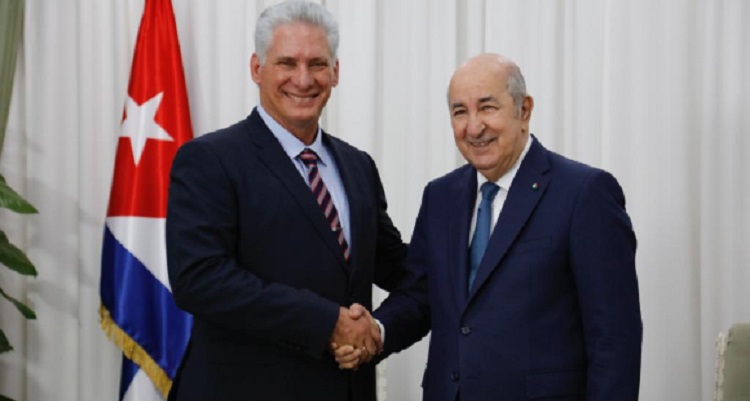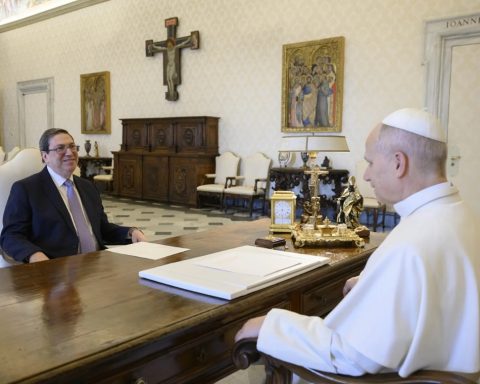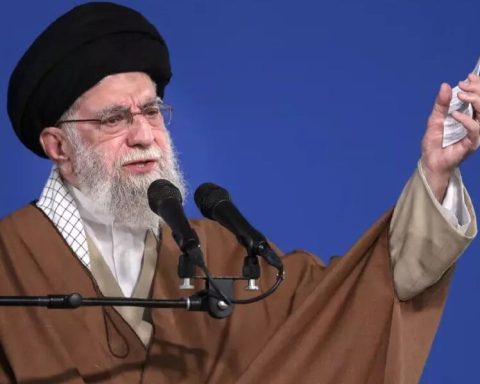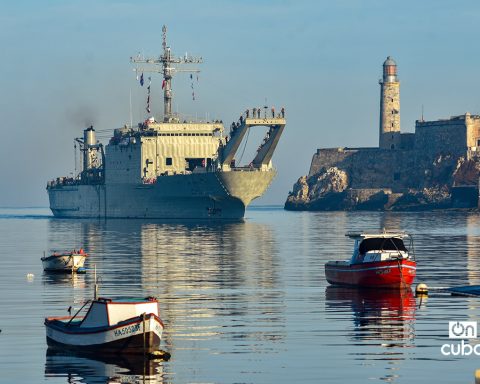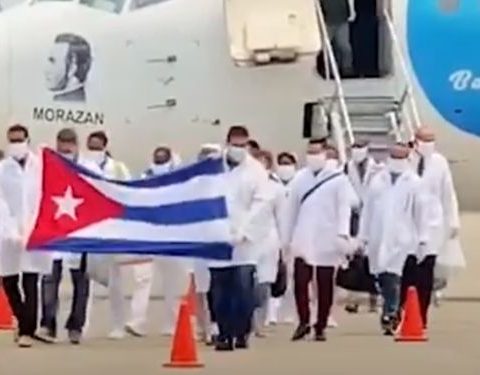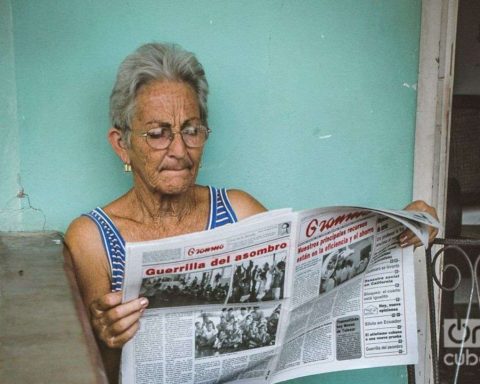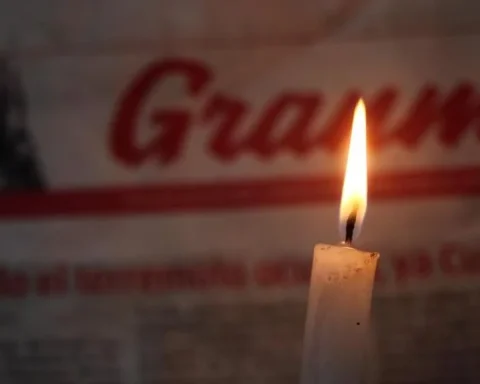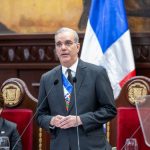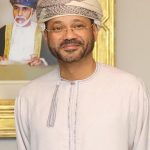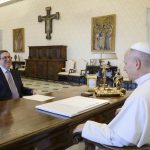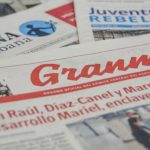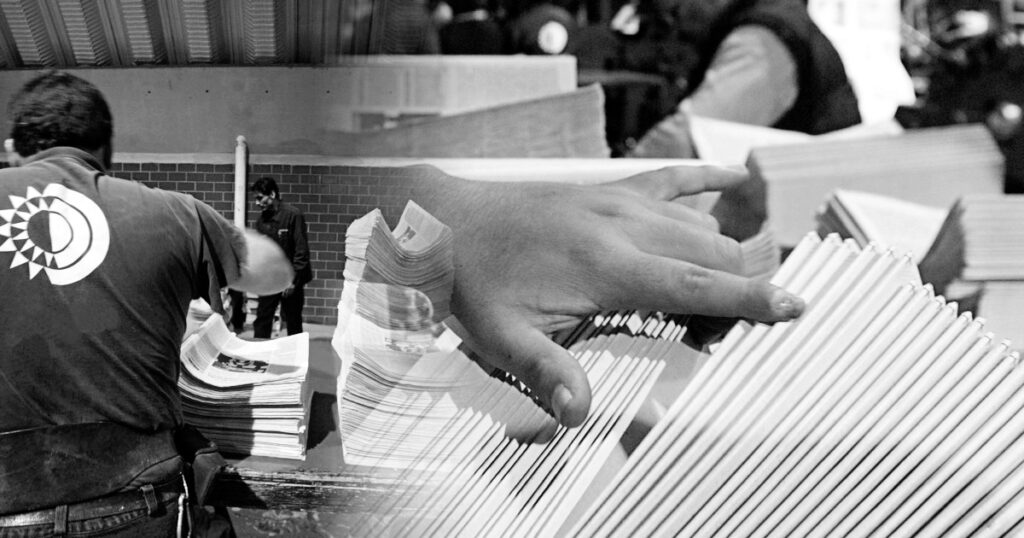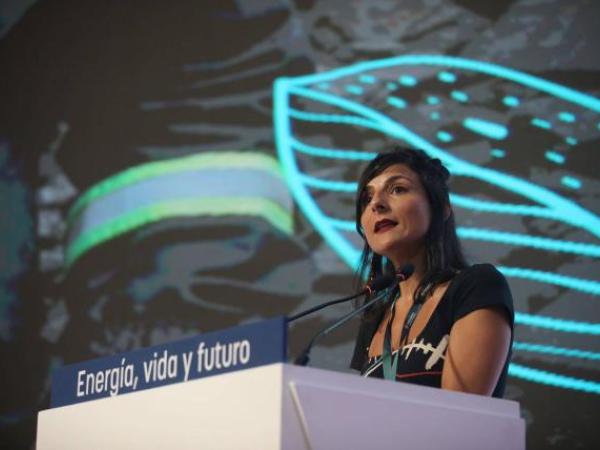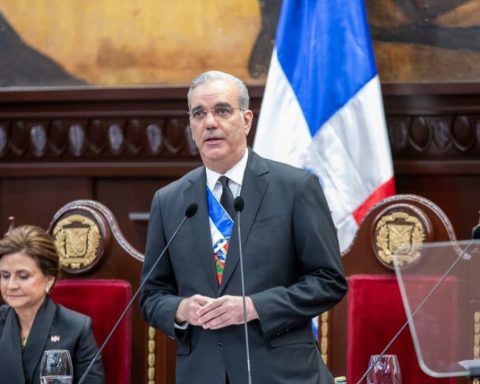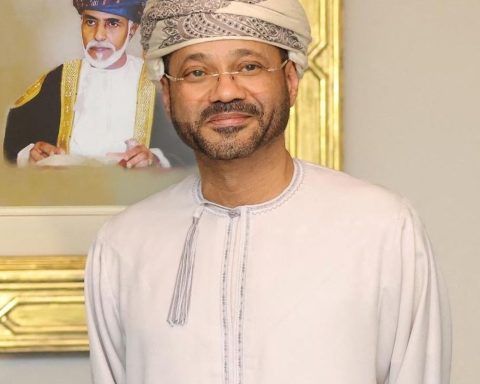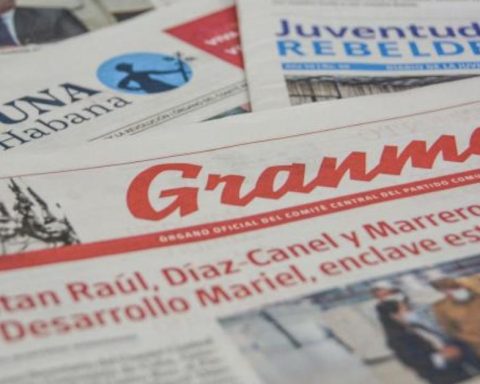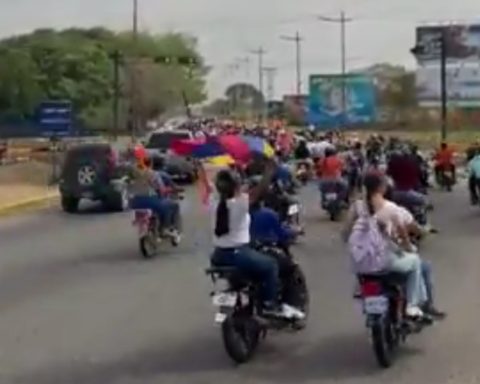Havana Cuba. — The Cuban State is a beggar State: it depends on “solidarity aid” and receives donations and alms even from smaller countries (with fewer inhabitants and supposedly poorer than Cuba), such as Aruba and Saint Vincent and the Grenadines, which fit comfortably in a province of our country and that they have to supply us with sugar, medicines and even processed products.
Faced with the economic crisis that Cuba is facing, the most serious in its history, the ruler Miguel Díaz-Canel has had to go out and ask for help from distant countries, one of them Russia, a plague in the international community.
For Díaz-Canel’s mendicant tour —which took him to Algeria, Russia, Turkey and China—, the Cuban regime rented a huge Venezuelan plane, bigger than a Havana vacant lot, with capacity for more than 300 passengers.
The engineers capable of rescuing a Ford from the year 30, nor the entrepreneurs from La Cuevita who are capable of selling rope at the house of a hanged man, were not invited to the tour, much less my neighbor Tropicana, the inventor of the ice cream sandwich without milk, sugar or flavoring. Nor were they scientists or businessmen to expose and sell Cuba’s achievements. Those who did not miss the trip were bureaucrats, policemen and clerks-journalists who would make Euphrates del Valle blanch with envy in our daily lives San Nicolas del Peladero.
From the president’s hand-picked tour of Algeria, Russia, Turkey and China (in that order), the most immediate achievements are not clear, except in Algeria, where four points were scored: cancel debt service, increase the number of hired doctors, a gift of a plant to produce electricity with solar energy, and possibly the shipment of oil on credit.
Díaz went to Russia in search of hydrocarbons, wheat and fertilizers. There he met with Dimitri Medvedev, Igor Sechin (the president of Gazprom), Zyuganov (head of the Communist Party), and finally, with Vladimir Putin, with whom he attended the inauguration of a statue of Fidel Castro.
The faces of Putin, Medvedev, Sechin and Zyuganov indicated the rejection they feel for the visitor. You had to see that of Putin, a studied sociopath, when the handyman told him, looking into his eyes and with a small smile of regret: “Cuba is willing to respect and comply with the financial obligations it has with Russia as soon as the economic situation eases a bit, and that is possible”. In other words, Moscow will have to wait to receive what the Cuban government owes it.
The Turkish stop did not help much either. Except for a small trick: increased bilateral trade traffic by 200 million dollars through the Turkish cooperation agency (TIKA). In other words, a loan that he is not going to pay… and that Turkish President Recep Tayyip Erdoğan may not be interested in collecting now that, without smiling at anyone, he has become an international actor.
The last stop was in Beijing, China. And it is known that the Chinese are not very fond of lending if they know that you are not going to pay them. Cuba is not among the 15 Latin American countries with the largest trade relations with China (Venezuela, Brazil, Argentina, Ecuador and Bolivia the main ones). Clearer, neither the water.
The last major Chinese investments in Cuba were in digital television, the port of Santiago (which does not receive ships), Yutong buses (and the company has already withdrawn), in gas extraction, and in a plant to produce electricity by middle of the marabou
China lends money, yes, but in exchange for you buying materials from Chinese companies, machinery, satellites, trains, telecommunications equipment… or for certain infrastructure works (dams, roads, tunnels, train lines, nuclear power plants) to be carried out Chinese companies. And it doesn’t seem that the Cuban regime is thinking about any of those things.
The dictatorship and Díaz-Canel lose with this tour. Not only because of its economic cost, but because they once again turn their backs on the United States and the European Union, which are openly confronting Russia over its criminal invasion of Ukraine and China over its attempts to seize Taiwan.
An interesting note of this “Tour d Force” are the religious visits by Díaz-Canel: the first to the Great Mosque of Algiers, and its rector, Mohamed Mamoune, and the second, in Moscow, to Patriarch Kiril, of the Orthodox Church. Russian. Intellectual curiosity or search for more deities to ask? Who knows? Now that Díaz-Canel has finished his speeches with Patria or Ashe, anything is possible.
OPINION ARTICLE
The opinions expressed in this article are the sole responsibility of the person who issues them and do not necessarily represent the opinion of CubaNet.
Receive information from CubaNet on your cell phone through WhatsApp. Send us a message with the word “CUBA” on the phone +525545038831, You can also subscribe to our electronic newsletter by giving click here.
